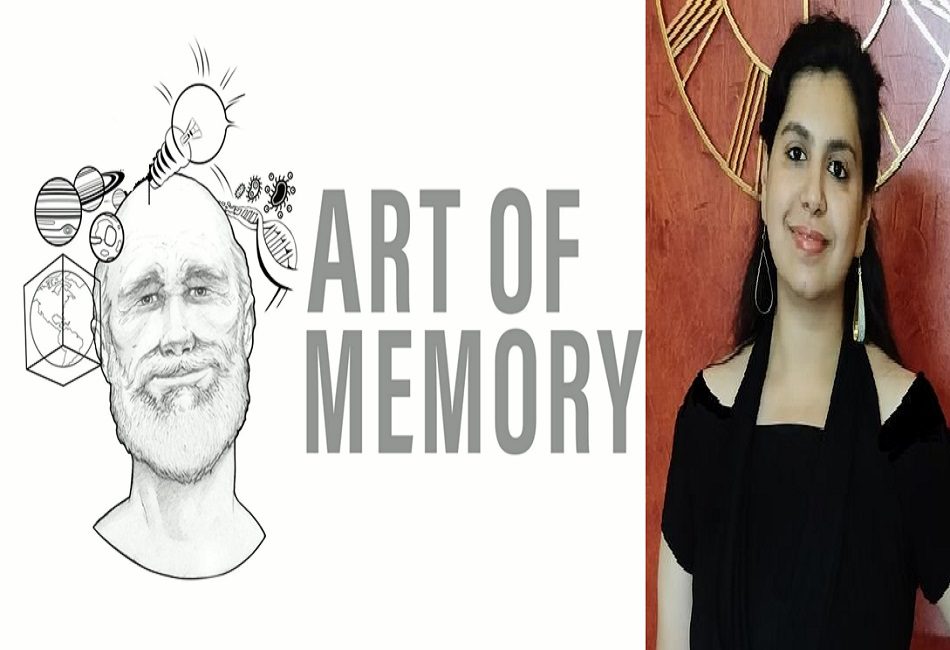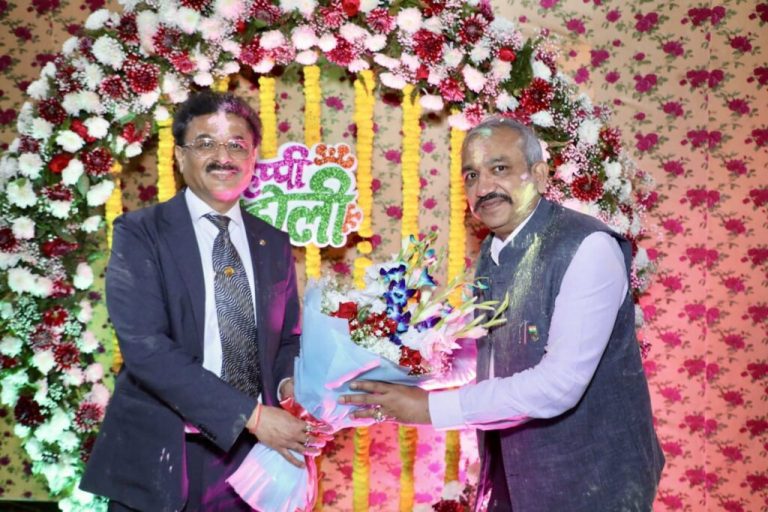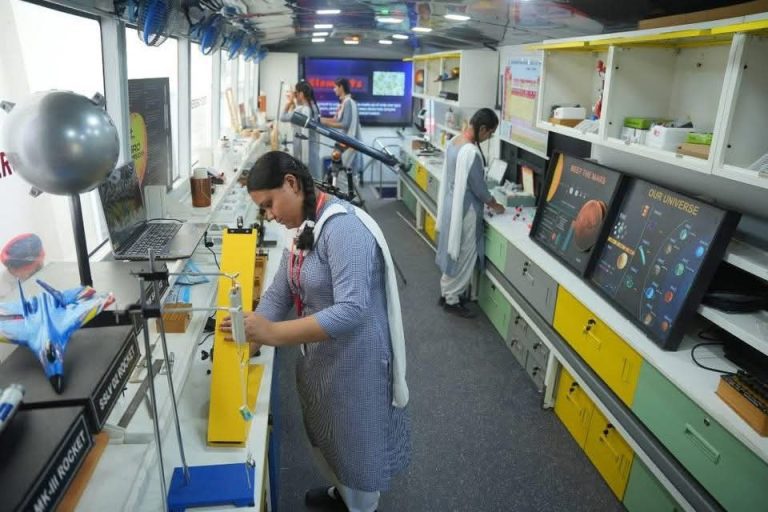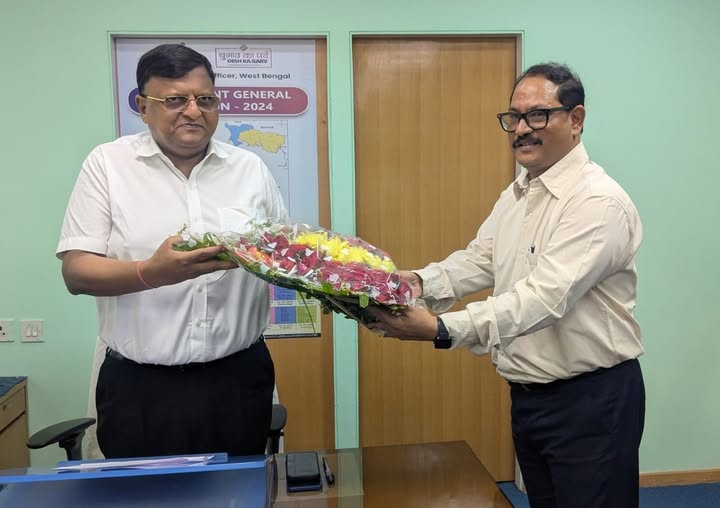If being the toughest exam of India is not enough to scare probable aspirants, the UPSC CSE has a very lengthy syllabus, too. It almost takes a year or more to complete the whole syllabus. But, that’s not the end of it! After completion of syllabus, the most rigorous exercise of revision or memorization starts for the aspirants, which is also the most important part of the preparation. Not only for UPSC, but even for other major exams like IIT-JEE, NEET, GATE, etc., memorization or revision is very important, so that students remember in the exam what they studied.
But, sometimes, memorization is not easy and many even think it should not be a necessary part of the education system. 2013-batch IAS officer and District Magistrate of Sant Kabir Nagar district of Uttar Pradesh, Divya Mittal, is one such person. She, too, thinks memorization should be dispensed with from the system, but, till that happens, one has to do it, and so she tweeted a few tips, which, according to her, are based on scientific evidence.
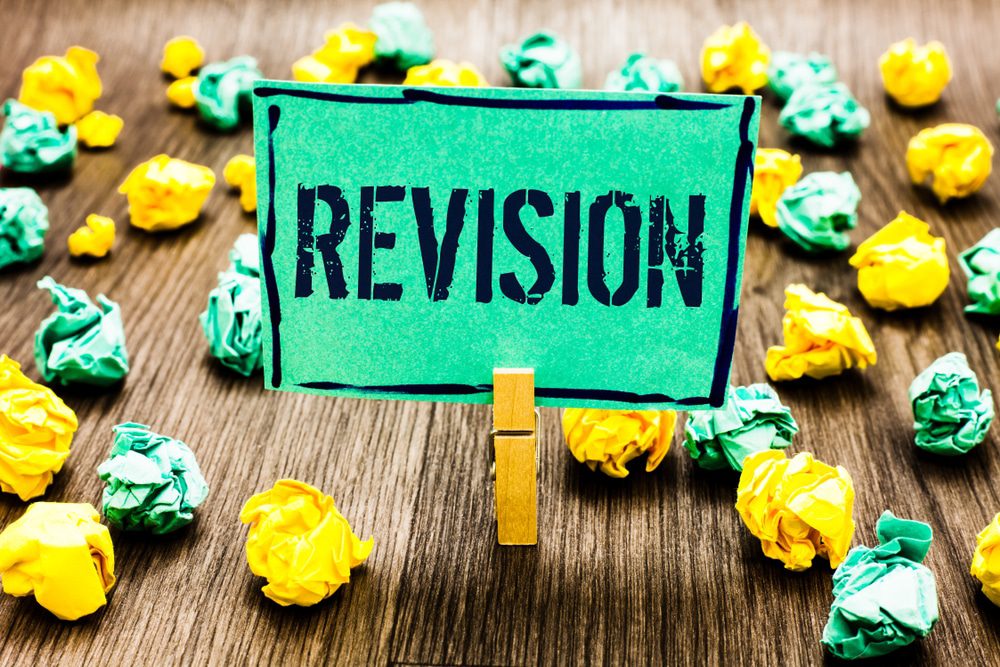
FIVE TECHNIQUES
She starts off with: “Memorization! Most difficult aspect of student life for me. I wish the education system changes so as to not require memorization.But till then, I’ll give you useful tips for that. A thread on memorization based on scientific evidence.”
She then suggests 5 techniques:
(1) Revision at specific intervals
(2) Association
(3) Loci technique
(4) Images/Visuals
(5) Emotional response”
REVISION
In her next tweet, she talks about the science behind revision. “We all know revision is important! But there is a science behind it! Curve below shows how fast we forget anything we learn. We need to stop this forgetting process by an effective scientifically researched revision schedule!”

“Whatever you study today, revise it specifically at following times:
(a) Tomorrow
(b) In a week
(c) After a month
(d) After 2 months
(e) After 6 months
With every revision, forgetting slows, we remember more, information persists in memory leading to very high recall, she says.
Whatever you study today, revise it specifically at following times:
— Divya Mittal (@divyamittal_IAS) August 4, 2022
a) Tomorrow
b) In a week
c) After a month
d) After 2 months
e) After 6 months
With every revision –
-Forgetting slows
-We remember more
– Information persists in memory leading to very high recall
ASSOCIATION
In her next tweet, she focuses upon the next element called association. “Association: Forming associations with things we know or a sentence in a story format. Or Acronyms or Songs.
Example: Countries on equator can be remembered like below.
More you associate, easier it is to remember. Do you still remember the periodic table?”
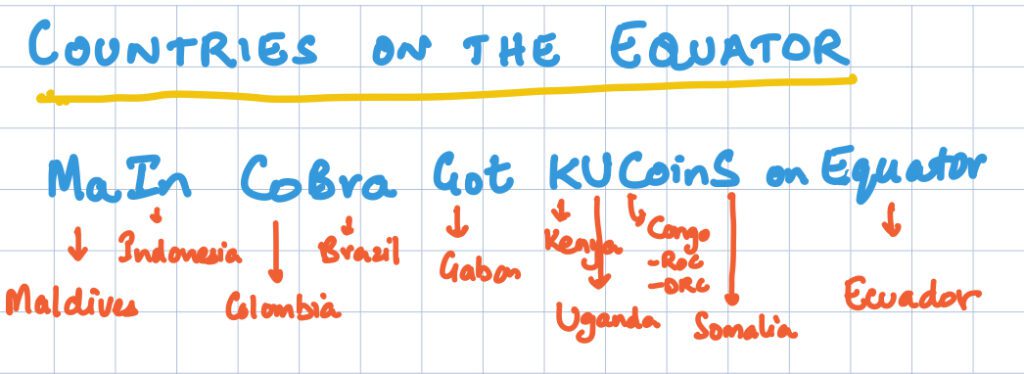
LOCI TECHNIQUE
In her next tweet, she mentions a technique called Loci technique with examples.
“Loci technique – Useful for remembering sequence of anything Creates a mental journey. Example – Through your house. You go from FRONT ENTRANCE to BEDROOM, then go to KITCHEN, then to DINING TABLE and then finally to WASHROOM. Place each item of information on each stop of the journey.
Since you know the journey, if you associate each item of information with each stop, you will remember the sequence. Also called technique of ‘memory palace’. In the image, I have given an example of a journey which you may be taking every day. Hence you would know the stops.”
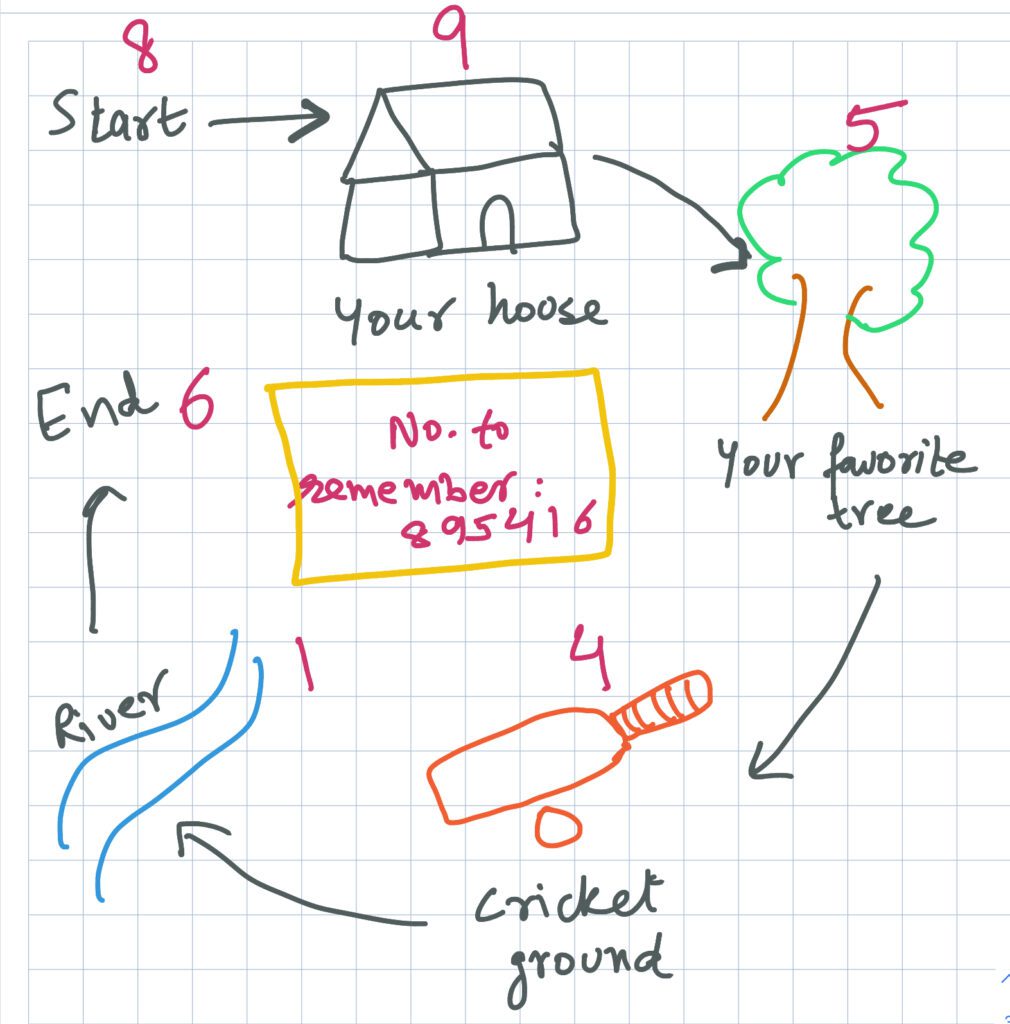
IMAGES/VIDEOS
In the next tweet of her long thread, she discusses images and videos. “Images/Videos: See information in images/videos. You will remember more. If visuals aren’t available, create your own tables/mind-maps with short pieces of information. The image is captured by the brain differently. When needed, you will be able to recollect the entire image.”

EMOTION
In her last tweet, she talks about emotion. “Emotion: Intensity of emotion attached to our mental state when we first encounter a fact, has a large impact on learning.”
She concludes with this piece of advice: “Corollary: Read with extreme passion. History, as if you yourself are a character of history. Geography, as if a volcano is erupting around you.”
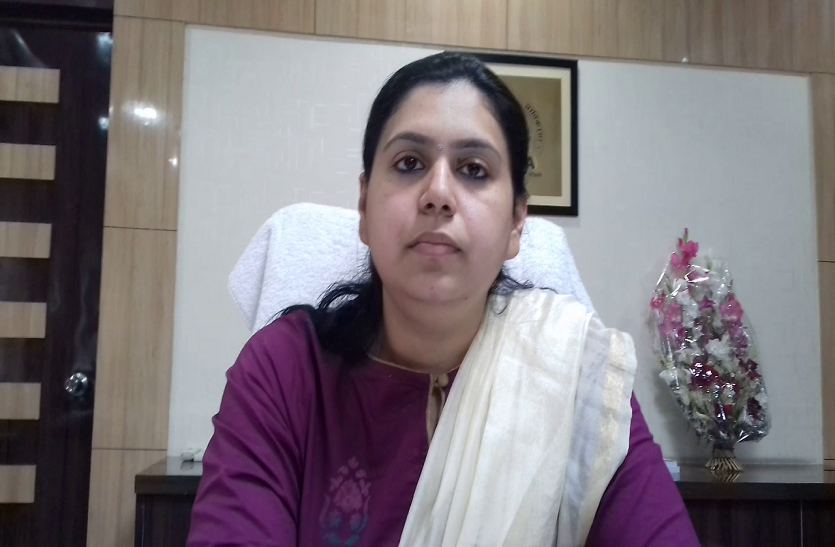
5. Emotion: Intensity of emotion attached to our mental state when we first encounter a fact has a large impact on learning.
— Divya Mittal (@divyamittal_IAS) August 4, 2022
Corollary: Read with extreme passion. History as if you yourself are a character of history
Geography as if a volcano is erupting around you.

